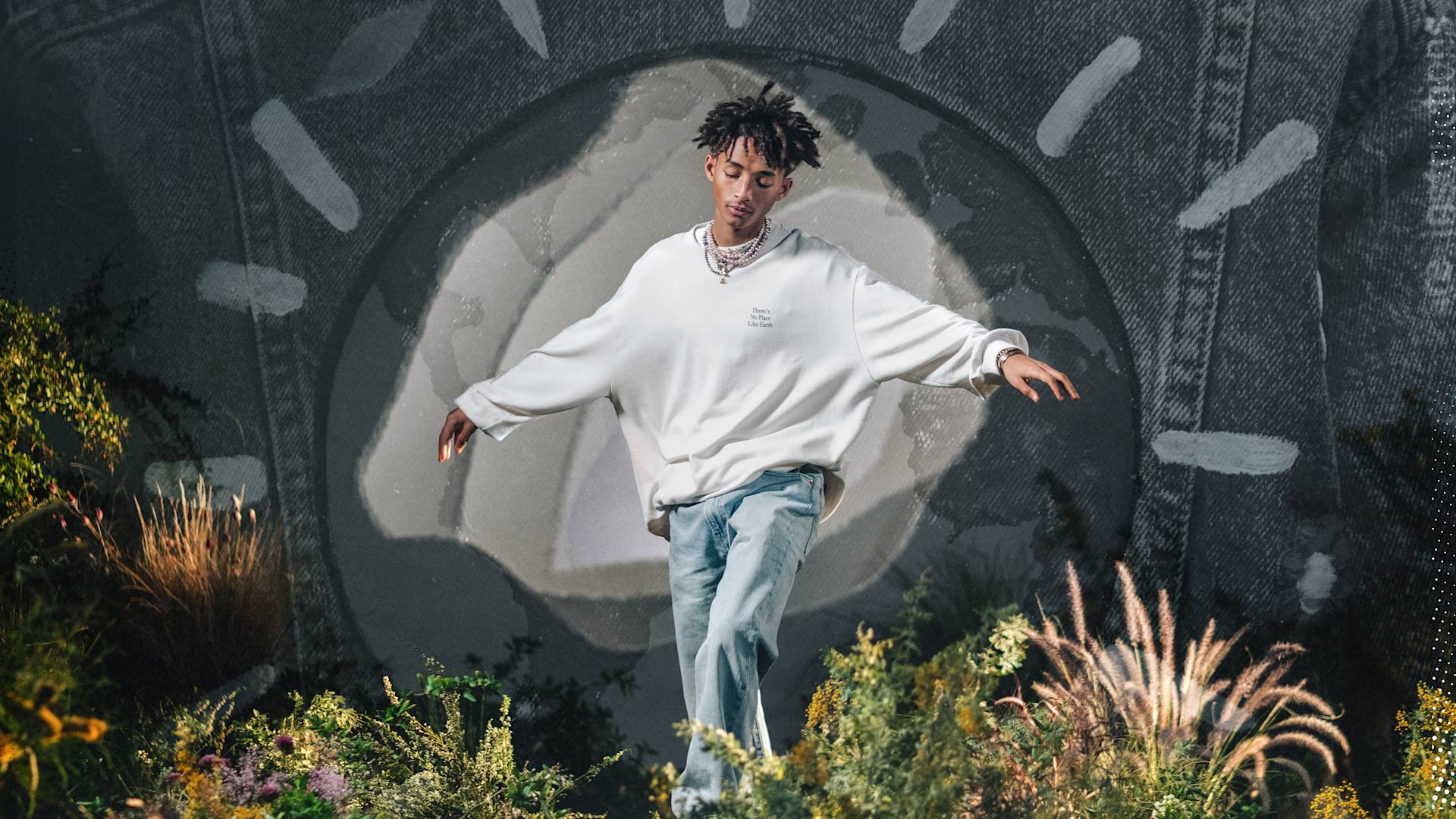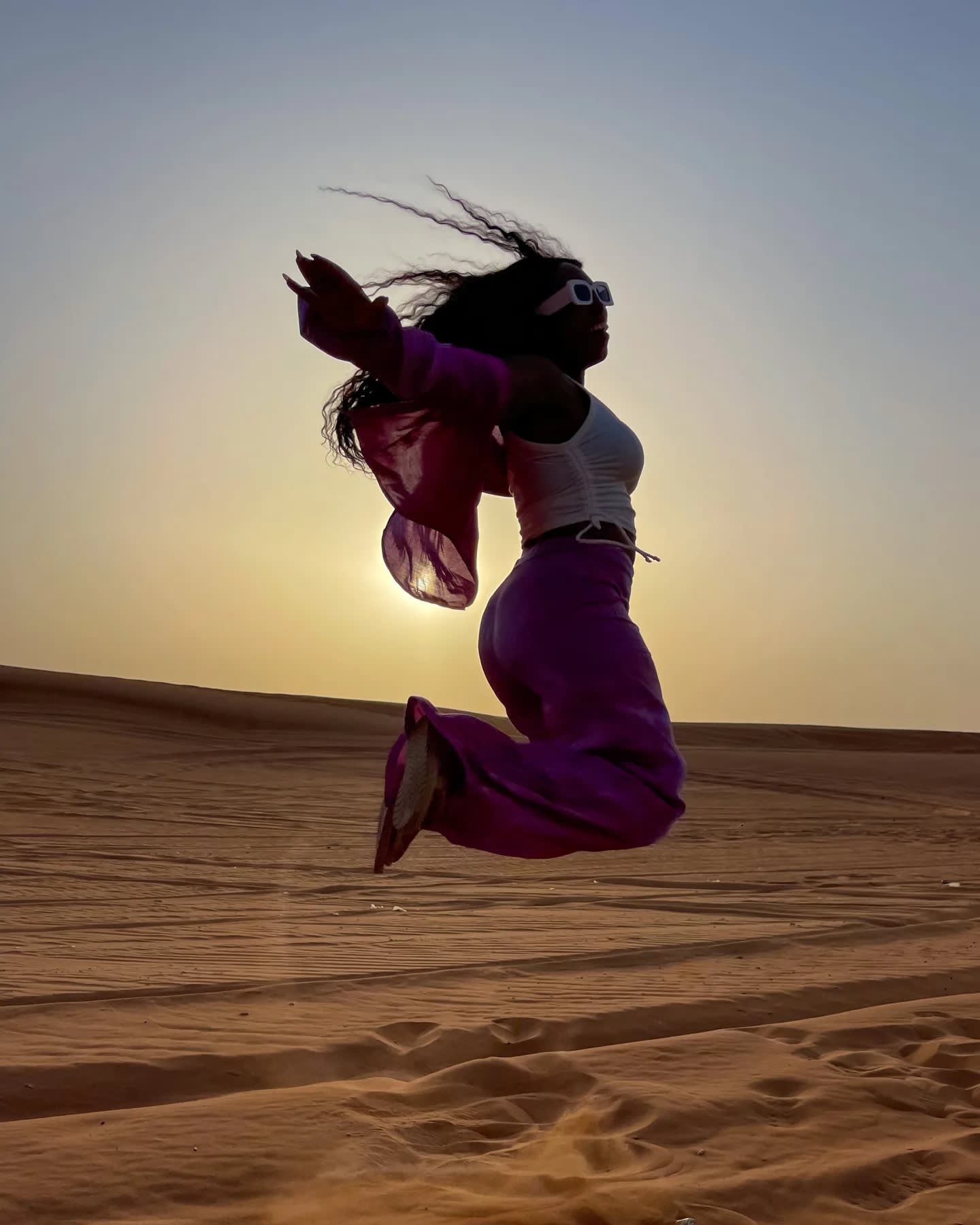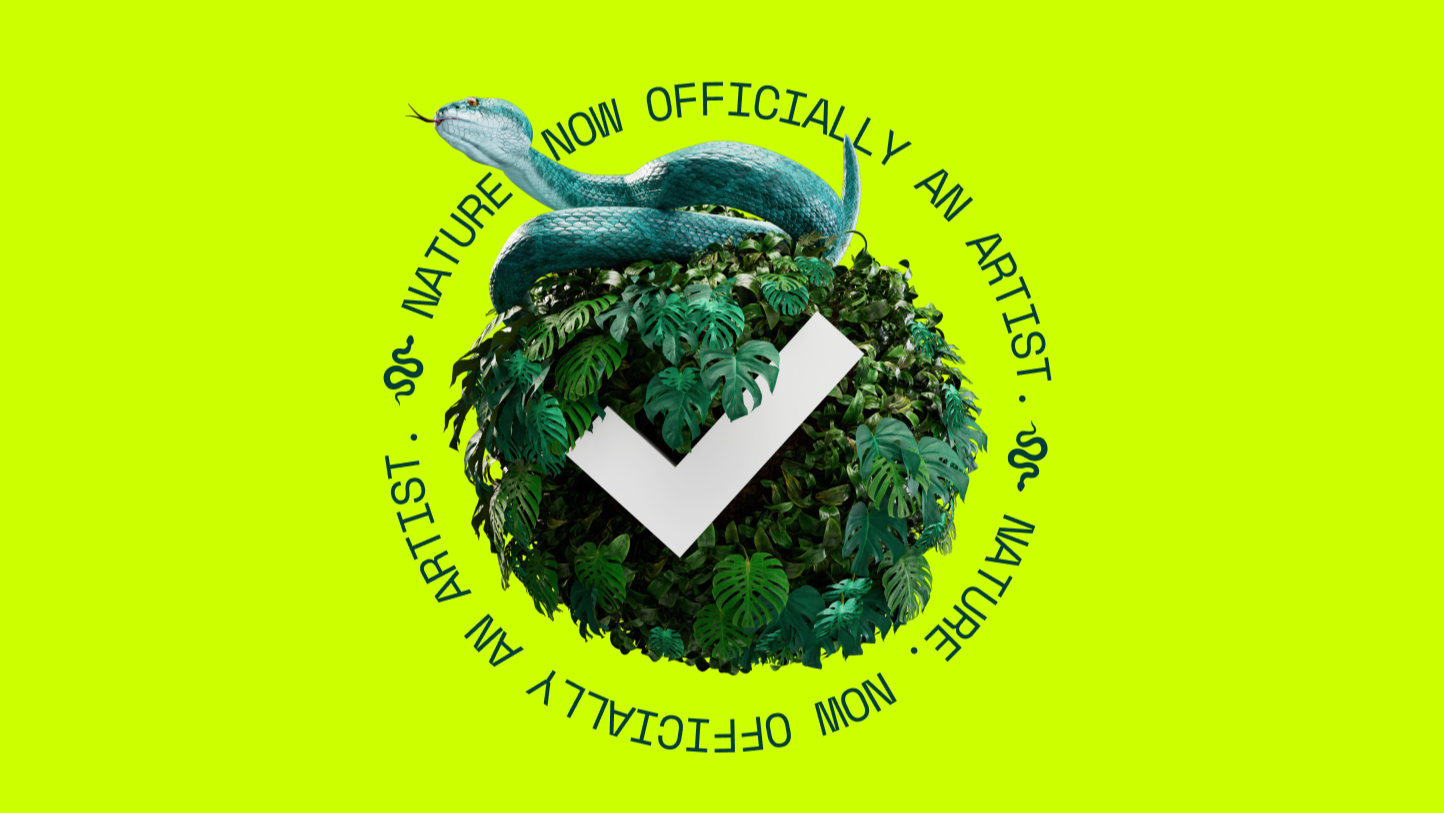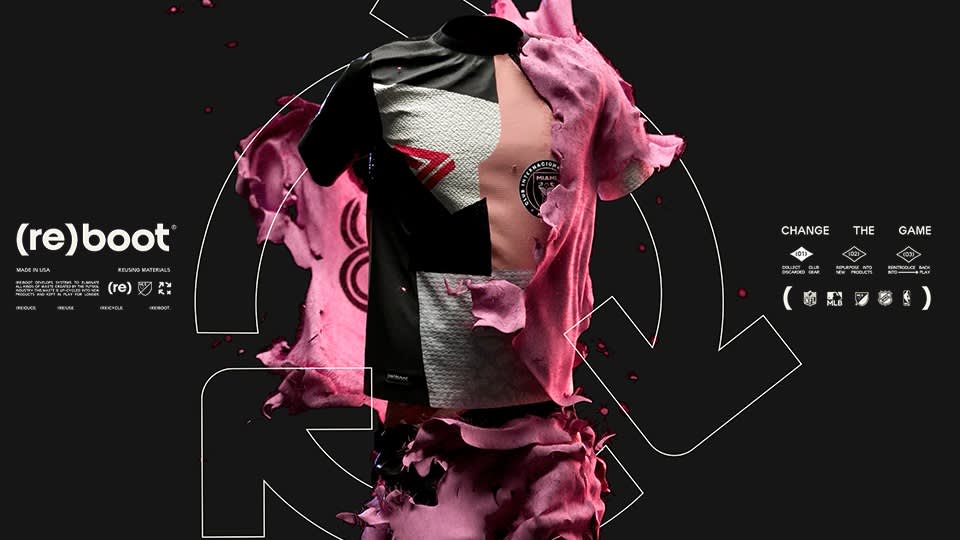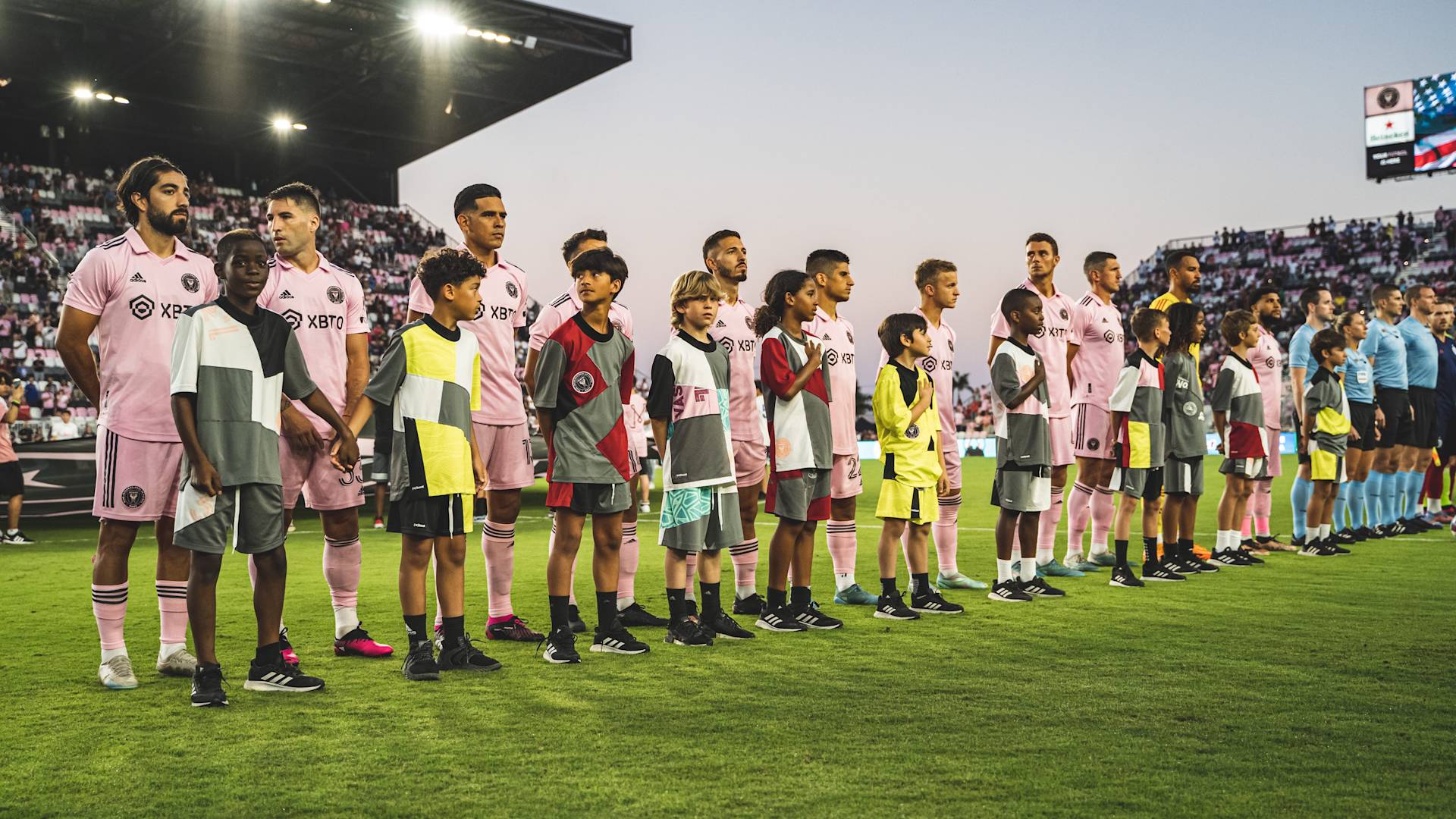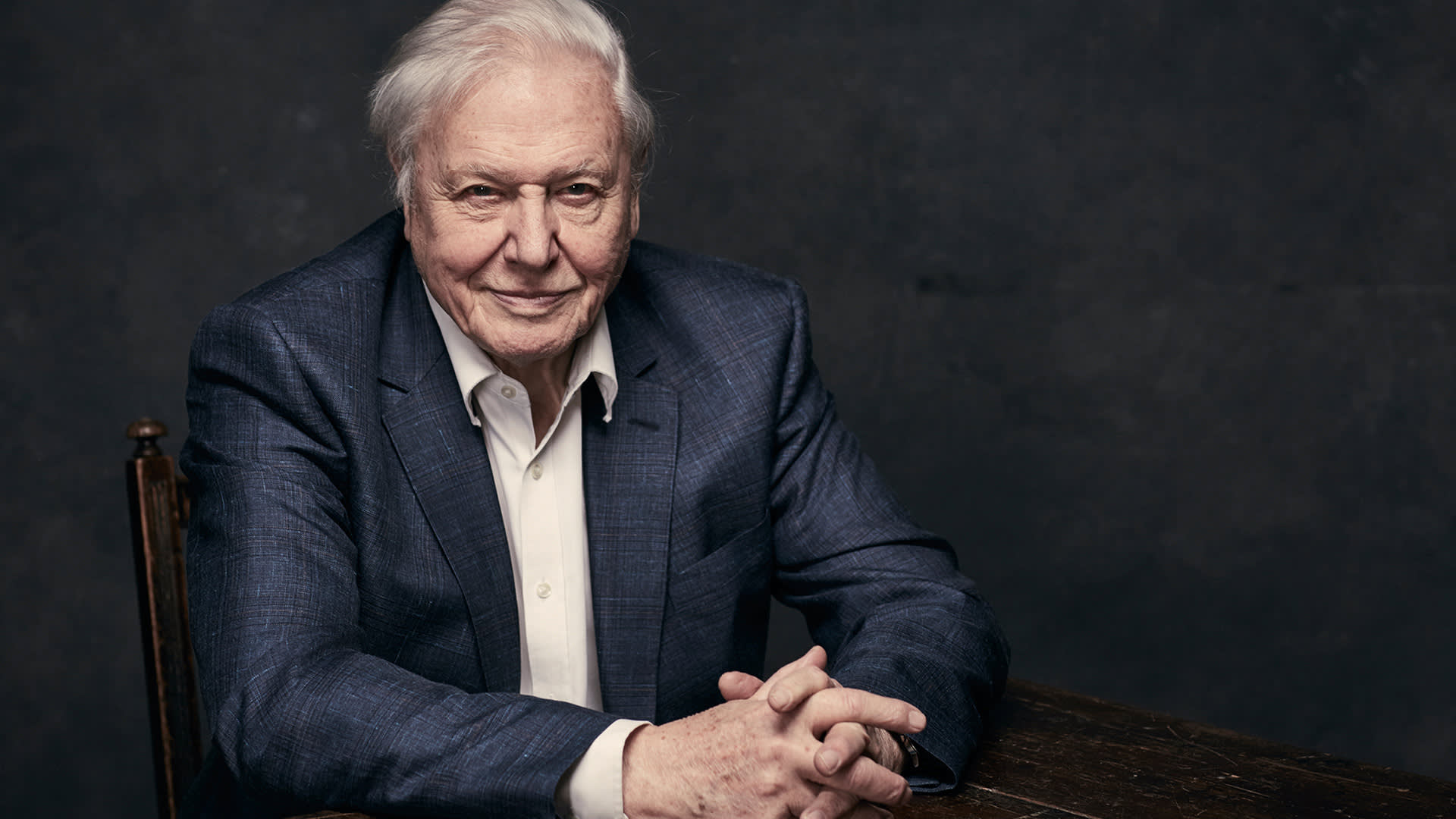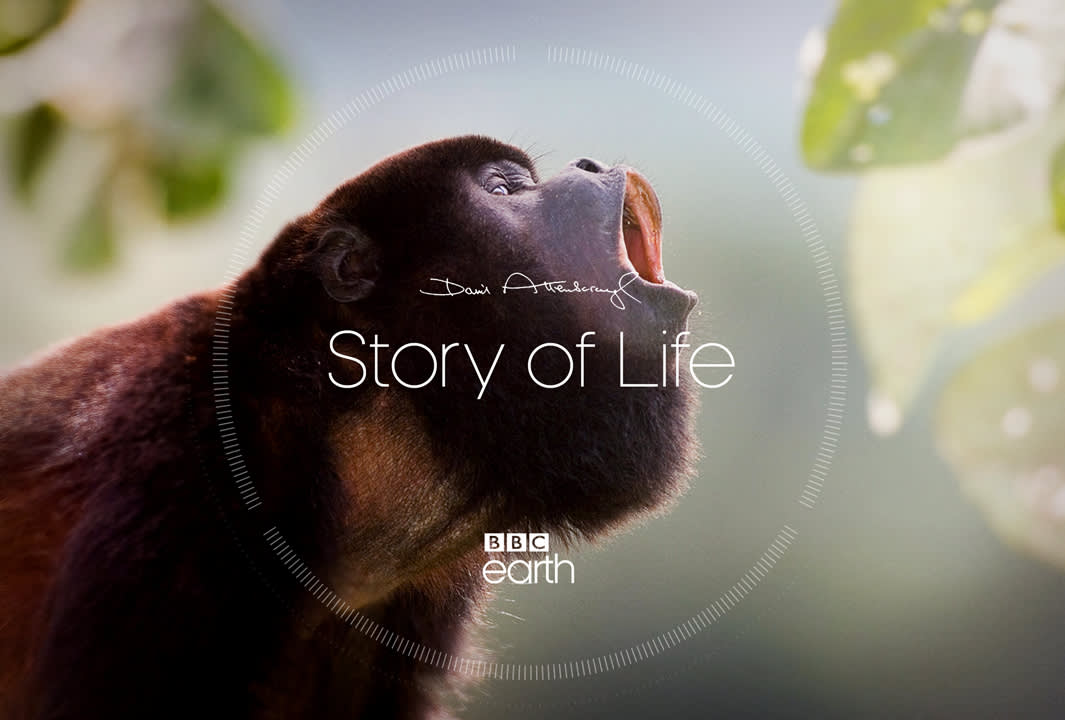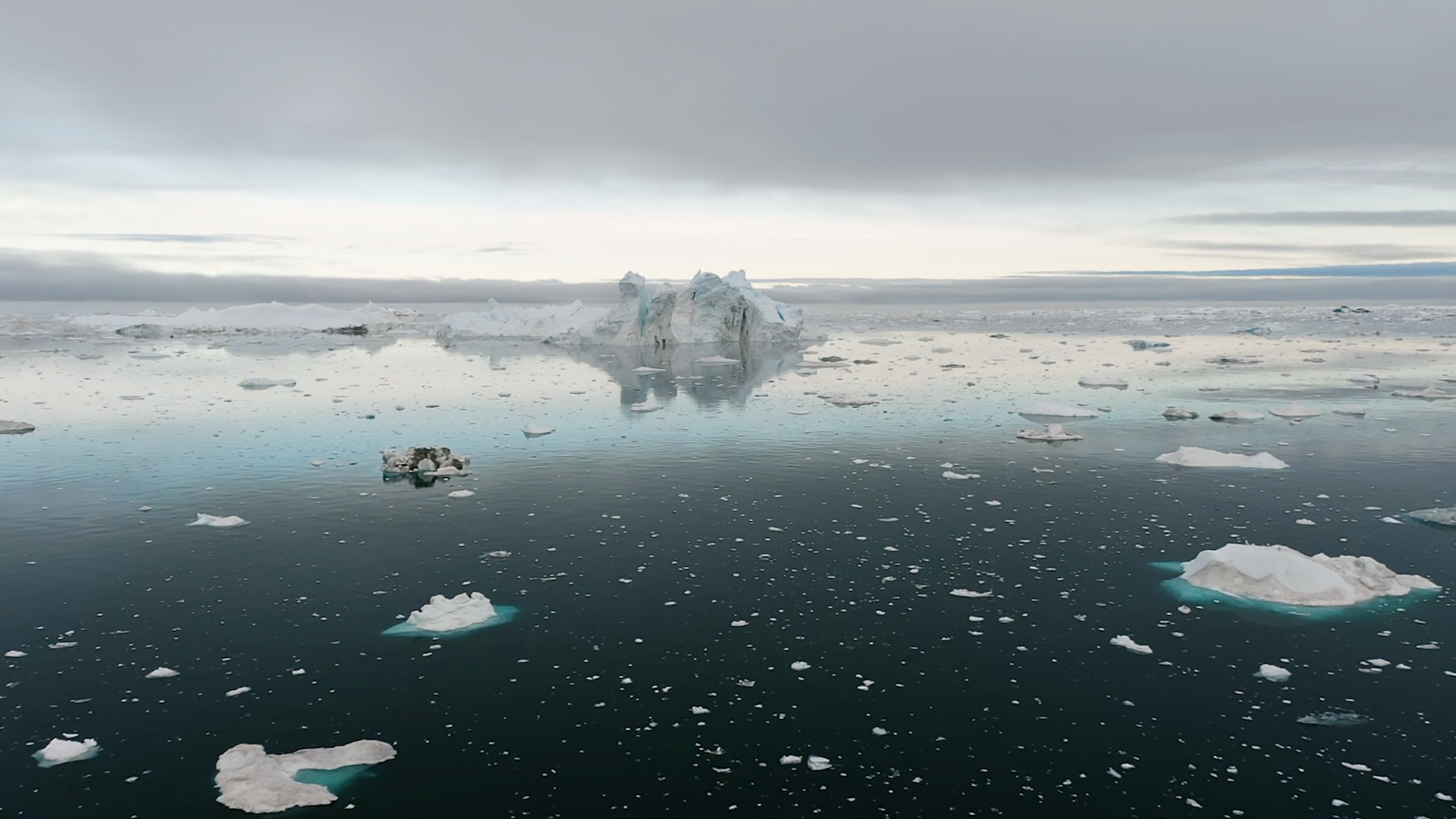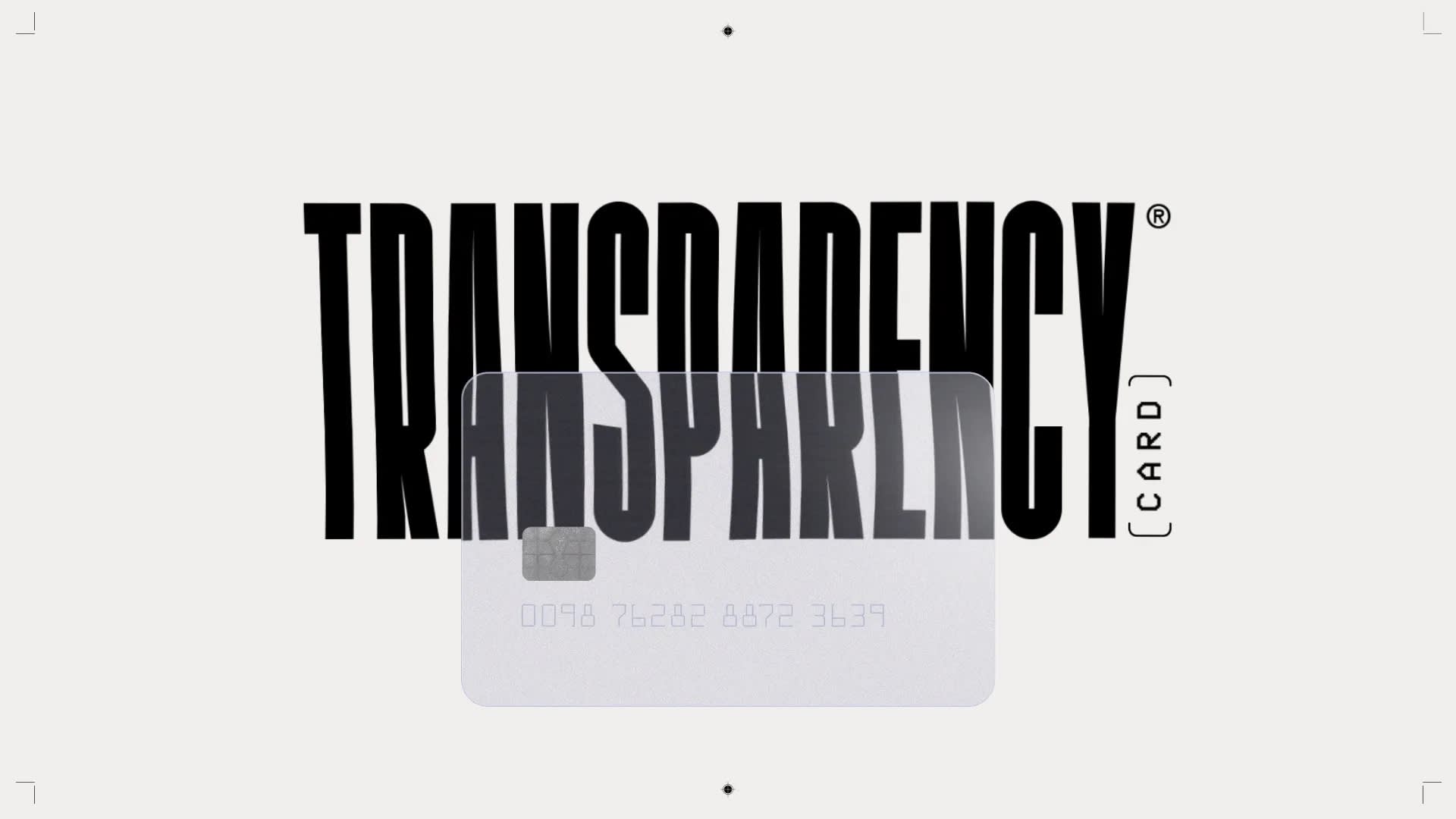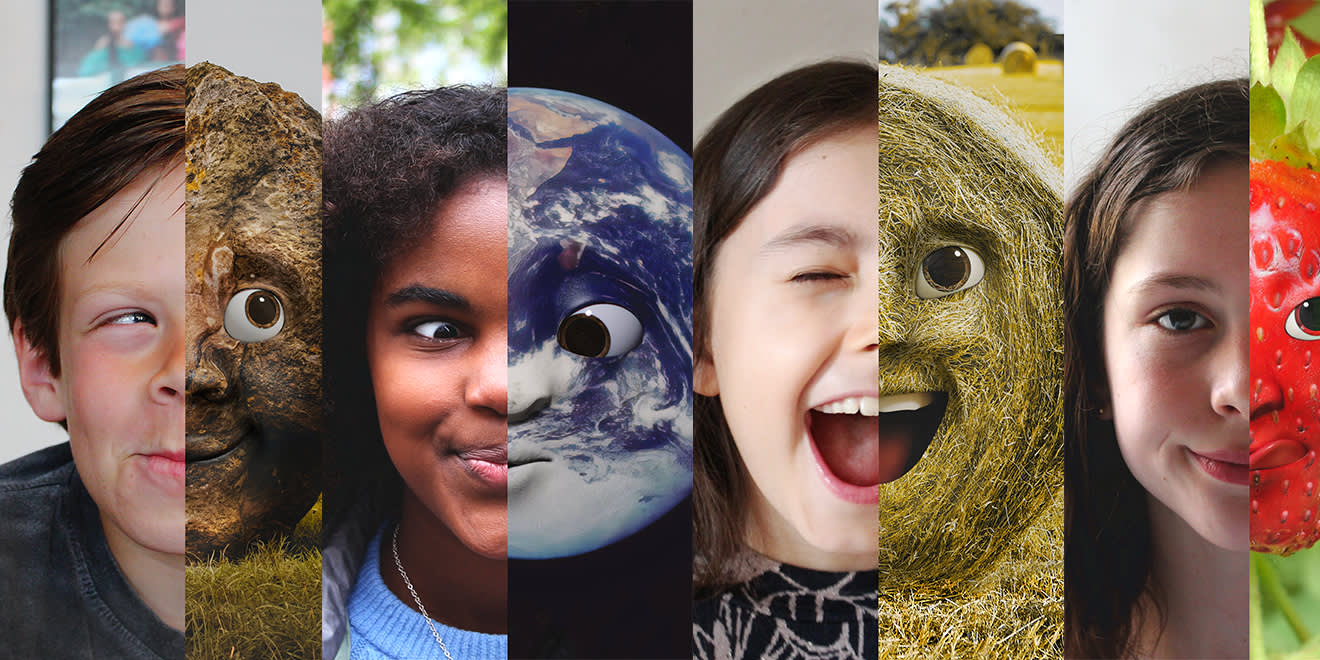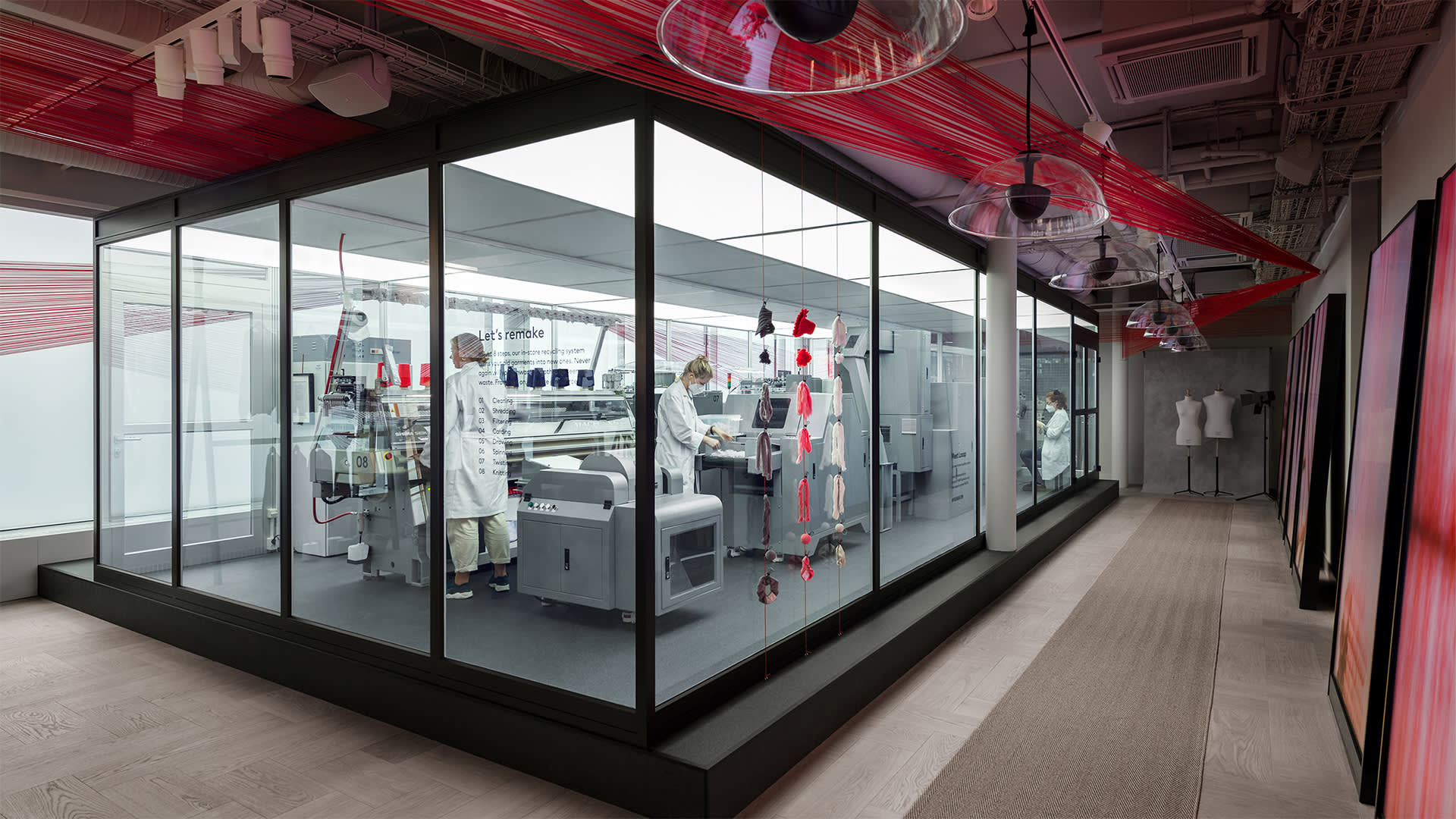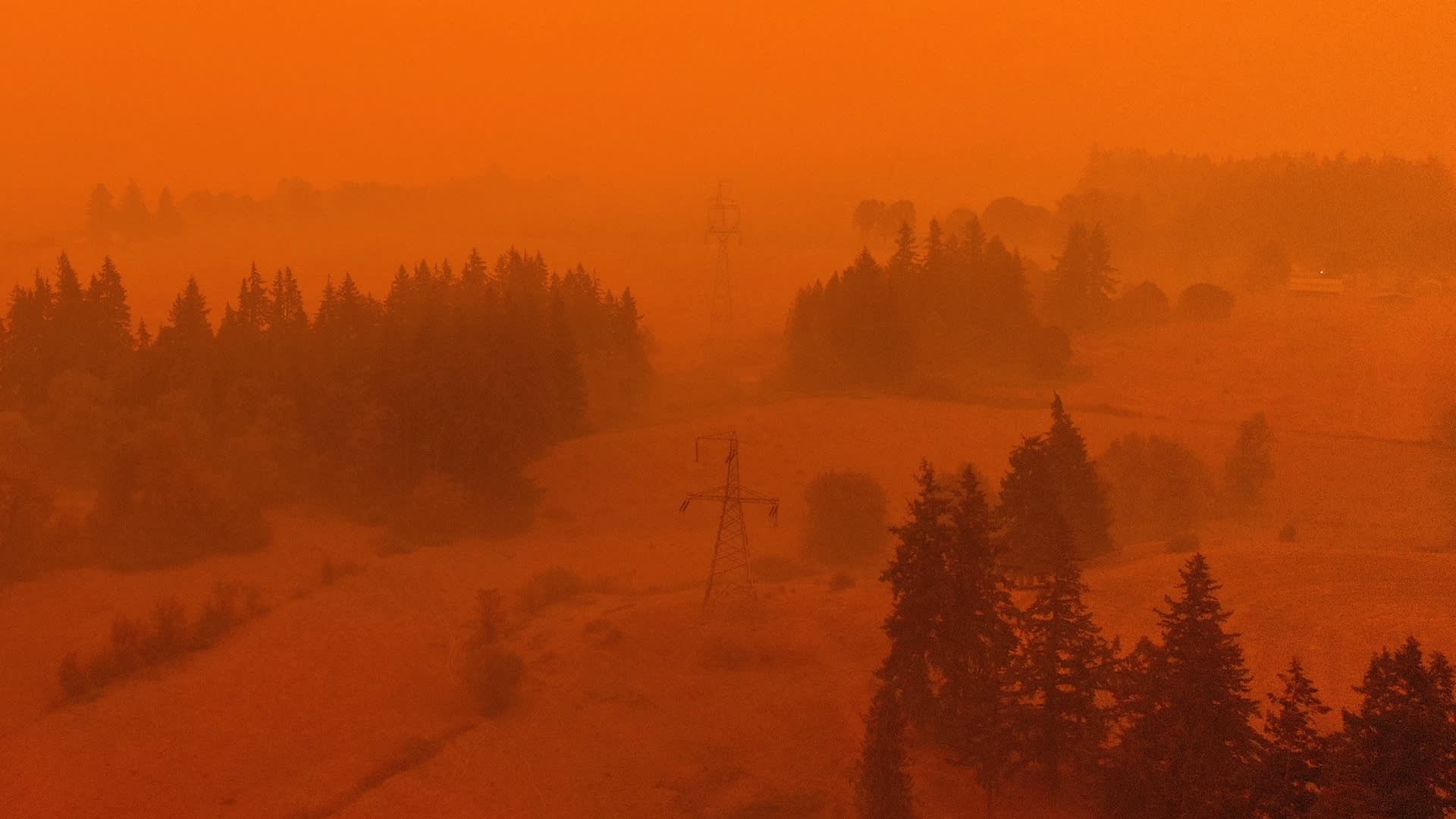AKQA is an optimistic company. We are designed to be an organisation that has endurance, courage and an open mind.
An audacious spirit, rooted in adaptability that – despite the world’s unrelenting change – enables us to look ahead, do the things that might never have been done before, and sustain beyond any individual. We are idealistic about the kind of business we want to be and the future we want to create.
However, we know that our longevity is inextricably linked to the health of our planet and each living organism that calls it home. We believe in our shared responsibility to work toward solutions that are in service of planet Earth, the natural world.
Around the world, in each of our studios, we are continually assessing how the work we do and the way we do it can enhance the service we provide for our employees, clients, society and environment. From the suppliers we engage, to the local communities we touch and the spaces in which we function.
For more on our four pillars of impact, as aligned with the WPP Sustainability Report, see below.
